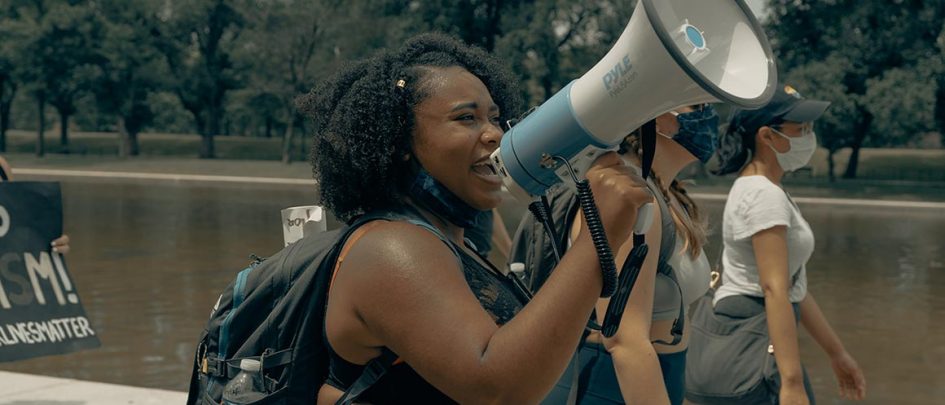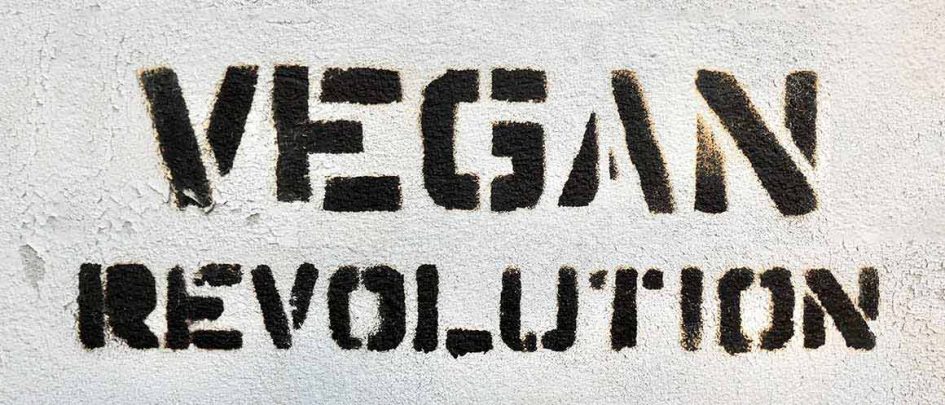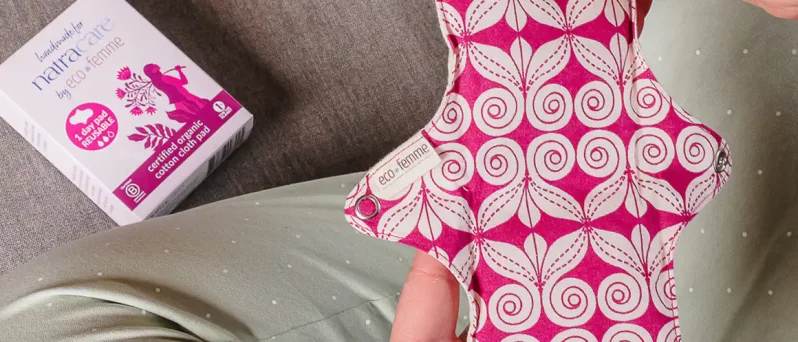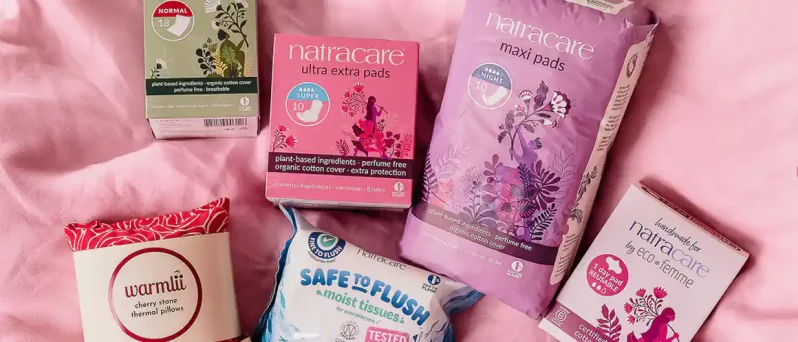There is no true environmental justice without racial justice. This concept is the root of intersectional environmentalism, which recognises that the effects of environmental damage disproportionately impact Black people, indigienous people, and other people of color (BIPOC). Natracare believes that as advocates for sustainability, we must also be advocates against racial injustices and discrimination.
What is intersectional environmentalism?
The term ‘Intersectional Environmentalism’ refers to the important intersection (or meeting point) between environmentalism and social justice. Thinking about the environment from an intersectional perspective means addressing the ways that environmental degradation harms some groups in society more than others.
Environmental Racism is the concept that BIPOC and low-income, marginalized communities are less likely to have access to clear air, clean water, and green spaces. These communities are also at a greater risk of asthma, cancer, heart disease, lung disease and other health issues because they are more likely to live in neighborhoods where they are exposed to toxic waste, landfill sites, chemical plants, factories and highways. This is due to decades of segregation, housing discrimination, and affluent, often white, homeowners, vocally opposing environmental hazards being placed in their backyards (also known as NIMBYism). For many in America, it has become apparent that the New Jim Crow is enacted through environmental racism.
Why is intersectional environmentalism important?
Compared to their white counterparts, Black Americans are found to be 3x more likely to die from air pollutants. They also have a 54% higher health burden from particulate matter emissions than the overall population and are 1.5x more exposed to air pollutants than white people, according to the 2018 US Environmental Protection Agency (EPA) study. These higher exposures could also explain why the coronavirus hit Black Americans harder.
Those who live near or below the poverty line are also disproportionately exposed to environmental hazards. In the same 2018 study, the EPA determined that communities living below poverty have a 35% higher health burden than the overall population and are 1.3x more exposed to air pollutants than those not in poverty.
With these striking disparities, it’s clear that intersectional environmentalism must form a bigger part of our conversation when we are talking about how to create a greener, safer natural world.
As Bruce Mirken of Greenling states, “As we move away from oil, coal and gas to fight climate change, we must consciously bring clean energy resources and investment into communities that were for too long used as toxic dumping grounds”.
What you can do to help?
So, what can we do to combat environmental racism and fight for equal access to clean air, clean water, and natural spaces?
First, we can learn and raise awareness. Here are a few of our favorite resources for learning more:
- Leah Thomas’s writing on Why Environmental Justice Is Essential For A Sustainable Future and Why Every Environmentalist should be Anti-Racist
- NAACP’s Environmental & Climate Justice Program
- Racial Equity Tool’s Environmental Justice Database
- The National Resource Defense Council & The Environmental Justice Movement
- 350PDX’s Environmental Justice Learning Resources
On social media, we love the educational and empowering content made by these eco-social activists: @greengirlleah, @jhanneu, @wastefreemarie, @danniwashington, and @mikaelaloach.
What we are doing to help
In addition to raising awareness, we can support nonprofits and organizations that are creating a more racially diverse landscape, when it comes to environmental activism and campaigning. Though there are many worthy causes, these are a few organizations Natracare will be donating to. Check out our giving back blog series over the next few weeks for blogs about the charities we are supporting.
For a better world, we know that we must advocate for people of all races, as well as for the planet. At Natracare we are proud of our work, providing our organic, ethically-made products, and we support the work of amazing nonprofits who are on the front line of environmental intersectionality.
We also want to amplify the voices of Black activists and influencers involved in environmentalism. Do you know any resources or leaders we should include? Let us know below or on Instagram, @natracare. If you’re a BIPOC sustainability influencer or activist and want to partner with Natracare, we want to hear from you! Get in touch with us here.












